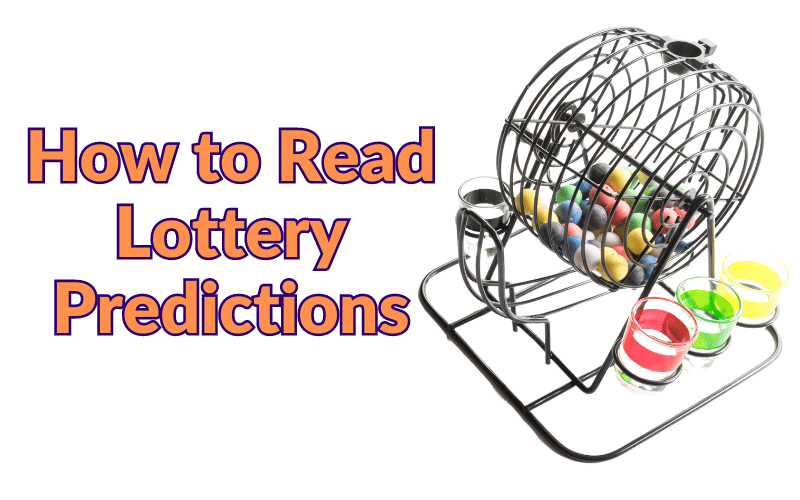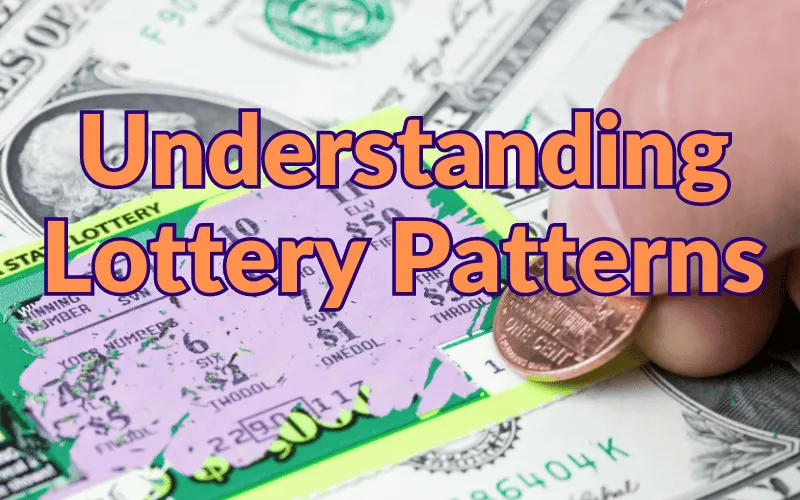
Lottery prediction hold a particular allure for many. The thought of cracking the code and predicting the winning numbers is tantalizing. However, understanding how to read and interpret these predictions is crucial to improve your chances. Let’s dive into the world of lottery prediction and see how you can make sense of it all.
Popular Methods of Lottery Prediction
Historical data analysis involves scrutinizing past lottery draws to identify patterns or trends. Examining previous results allows you to spot recurring numbers or sequences that might offer clues about future draws. This method relies heavily on the idea that specific numbers may follow a discernible pattern over time.
Historical Data Analysis
This method involves studying past lottery results to find recurring patterns or trends. By analyzing this historical data, one can make educated guesses about future draws.
Number Frequency Analysis
Some numbers appear more frequently in draws than others. Number frequency analysis tracks these appearances, highlighting “hot” and “cold” numbers.
Pattern Recognition
Pattern recognition involves looking for sequences or combinations frequently appearing in winning tickets. This could be as simple as consecutive numbers or as complex as symmetrical patterns on the lottery ticket grid.
Understanding Prediction Charts
Lottery prediction charts can initially seem daunting, but they are visual data representations that help visualize Patterns and trends that raw data may need to clarify.
Common Symbols and Notations
Prediction charts often use symbols and notations to indicate different types of information. Common symbols include stars for hot numbers and crosses for cold numbers.
Interpreting Data Points
Data points on prediction charts represent specific information, such as the frequency of a number or its position in previous draws. Learning to interpret these points is critical to understanding the lottery prediction.
Understanding Lottery Patterns

Lottery prediction guide patterns are a fascinating aspect of lottery prediction. These patterns involve identifying recurring sequences, shapes, or arrangements of numbers that appear more frequently in winning tickets. Players aim to increase their chances of selecting winning numbers by recognizing and leveraging these patterns. Here’s a deeper look into understanding lottery patterns.
Sequential Numbers
One of the most straightforward patterns involves sequential numbers, such as 1-2-3-4-5-6. While this pattern might seem too obvious, it occasionally appears in draws. Sequential numbers are easy to spot and can be part of a broader strategy.
High and Low Numbers
Similar to the even-odd pattern, high-low patterns involve the distribution of numbers across the entire Range available in the lottery. For example, in a lottery where numbers range from 1 to 49, low numbers would be 1-24, and high numbers would be 25-49. Winning combinations often include a mix of high and low numbers.
Number Group Patterns
Number group patterns refer to clusters of numbers that appear together frequently. For instance, numbers in the same tens group (like 10-19, 20-29) might appear together more often. Identifying these groups can help in selecting numbers that might be drawn together.
Examples of Effective Pattern Usage
Understanding and utilizing lottery patterns can significantly enhance your lottery strategy. By identifying and applying these patterns, Decisions you make with more excellent knowledge raise your chances of achievement. Here are some detailed examples of practical pattern usage in lottery prediction
Divide the Range
Start by dividing the total number range into high and low groups. For example, if your lottery has numbers from 1 to 49, the low group would be 1-24, and the high group would be 25-49.
Select Even and Odd Numbers
Ensure that your selection includes an equal number of even and odd numbers. For instance, if you pick six numbers, choose three even and three odd.
Mix High and Low Numbers:
Similarly, select three numbers from the low group and three from the high group.
Cluster Picking
Cluster picking involves selecting numbers close to each other within a specific range. This method is based on the observation that numbers in proximity often appear together.
Dentify Clusters
Look at historical draws and identify clusters of numbers that frequently appear together. These might be within the same tens group, such as 20-29.
Choose Numbers from Clusters
Select your numbers from these identified clusters. For example, if you notice that numbers in the 30-39 range often appear together, you might choose 32, 34, and 38.
How it Works
Lottery draws sometimes produce clusters of numbers due to the random nature of number generation. By focusing on these clusters, you tap into a recurring pattern that might increase your odds.
Conclusion
Lottery prediction is a fascinating and rewarding endeavor. By understanding the science behind predictions, using tools and methods effectively, and maintaining realistic expectations, you can enhance your lottery playing experience. Remember, while predictions can provide guidance, the outcome always involves an element of luck.
Read More : Play India Lottery